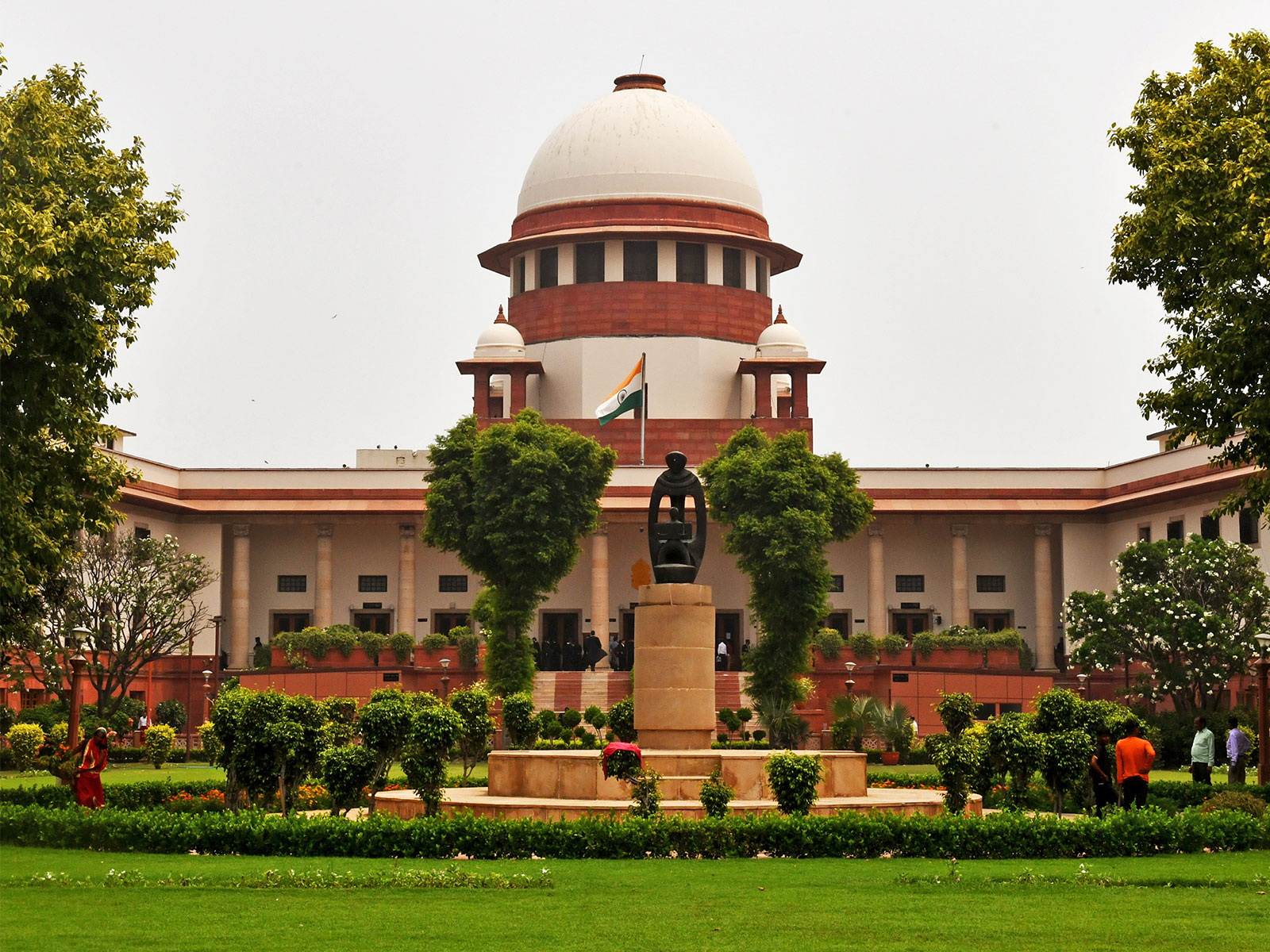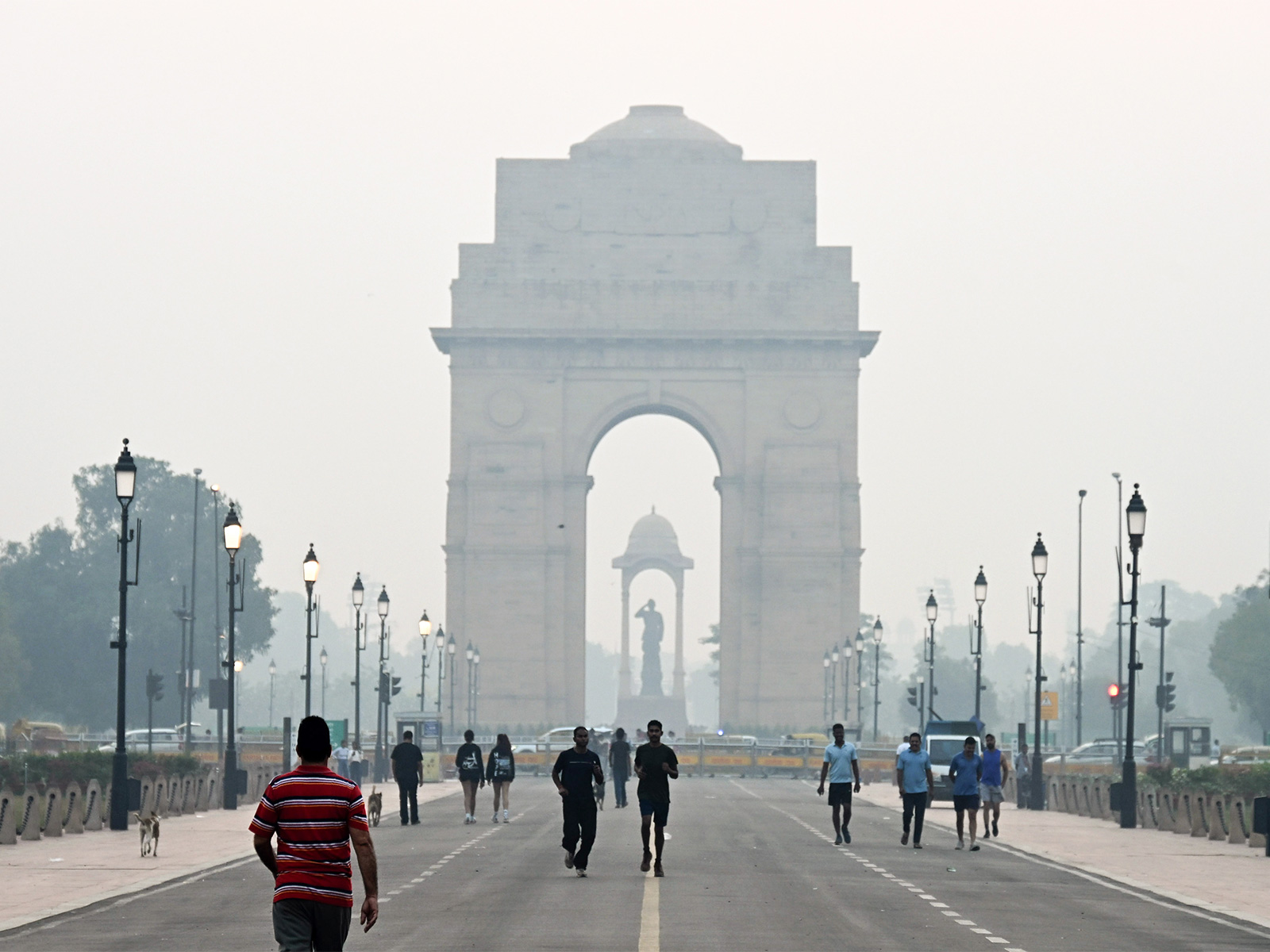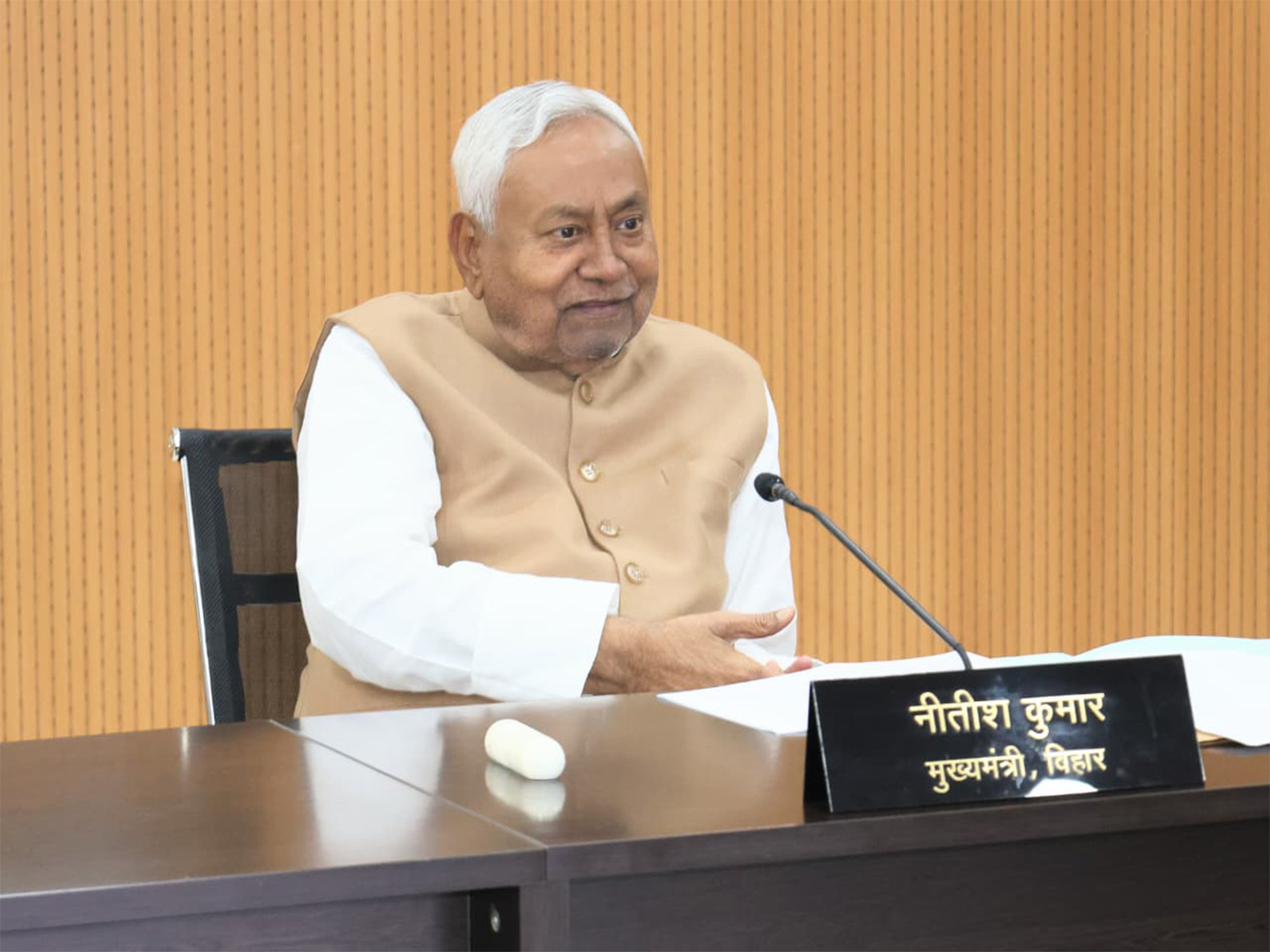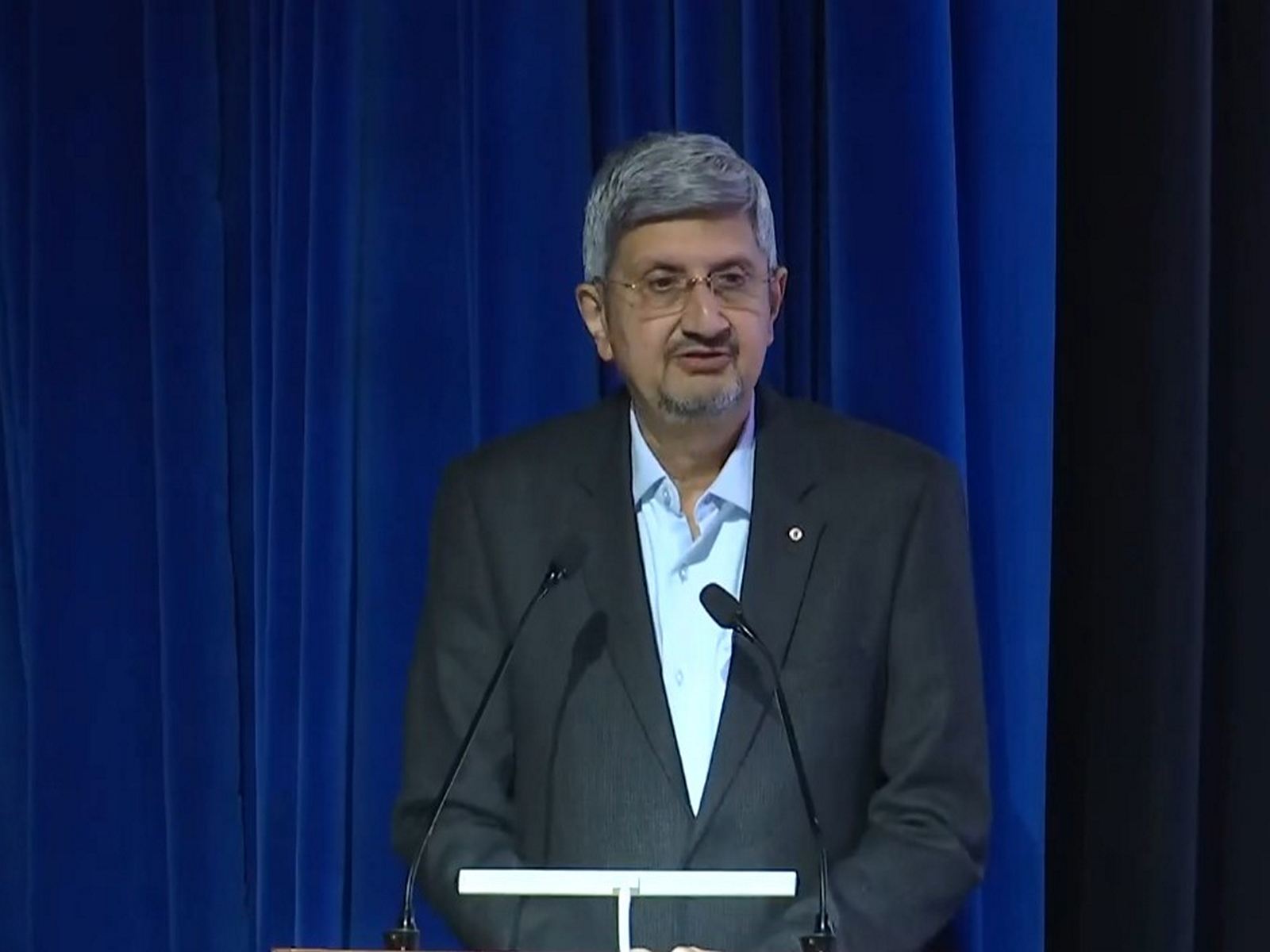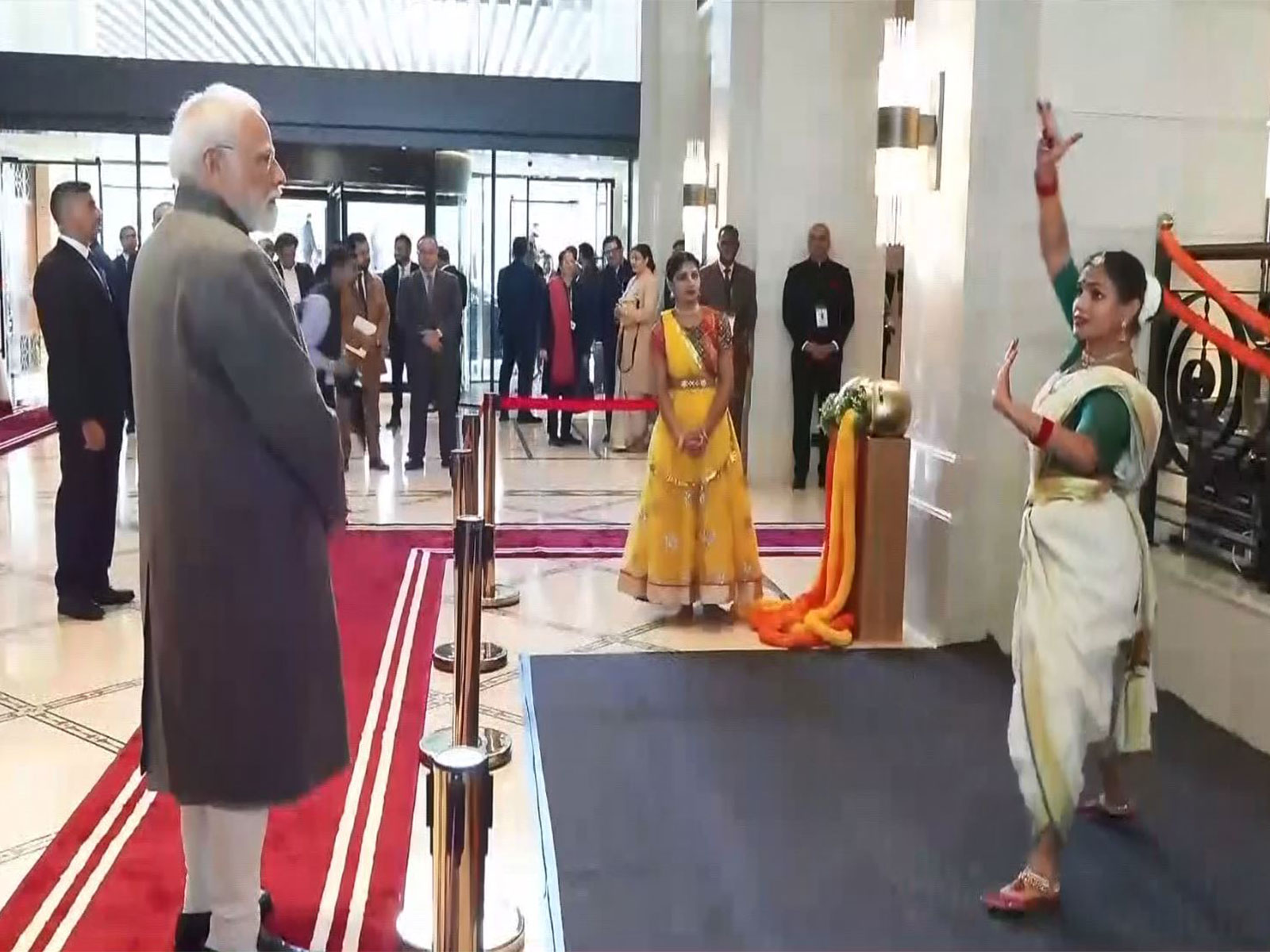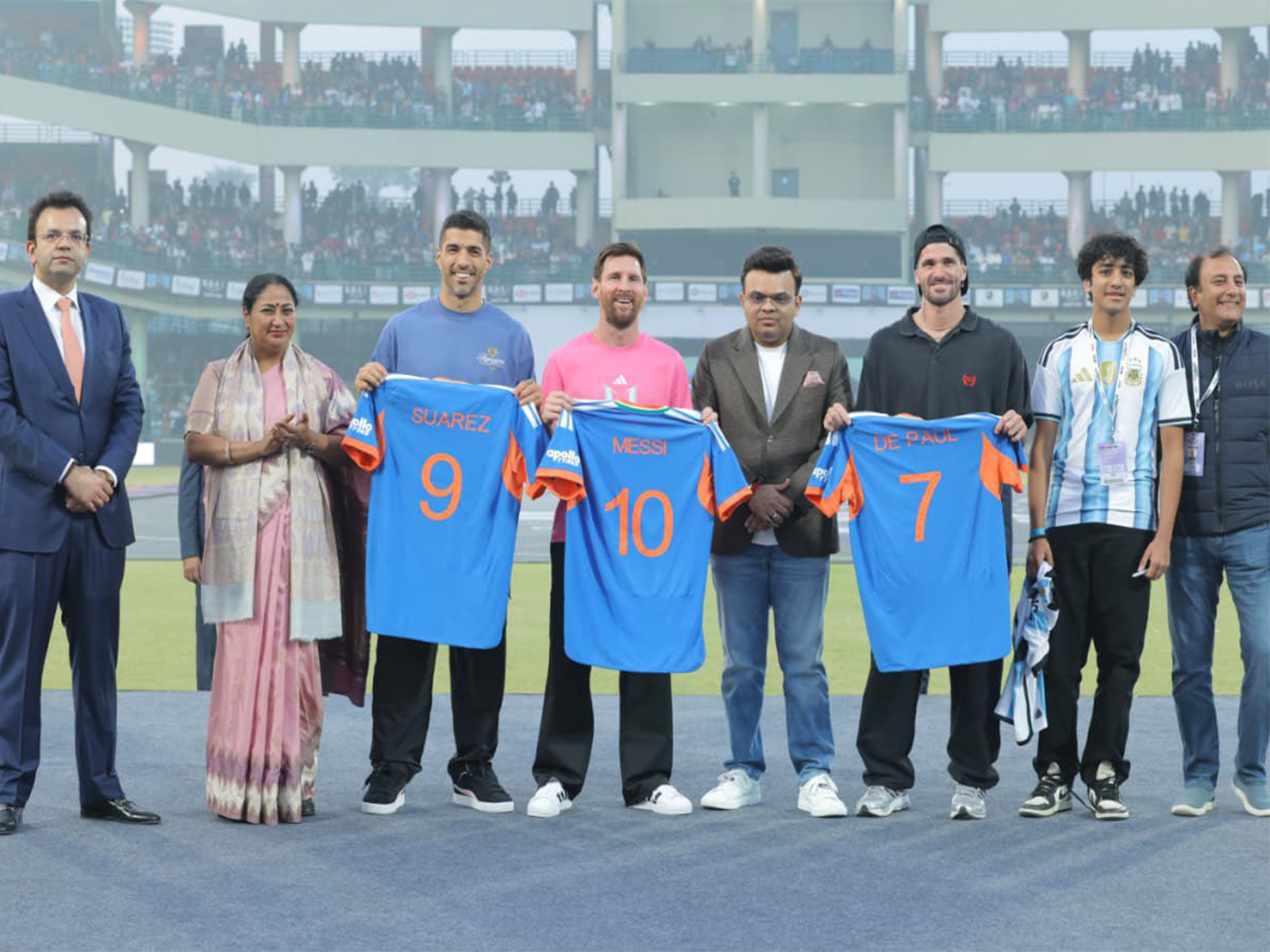MoE celebrates 4th anniversary of NEP 2020 with Akhil Bhartiya Shiksha Samagam 2024
Jul 29, 2024

New Delhi [India], July 29 : The Ministry of Education on Monday celebrated the 4th anniversary of the implementation of the National Education Policy 2020 with Akhil Bhartiya Shiksha Samagam 2024 in New Delhi's Manekshaw Centre Auditorium.
The Ministers launched several significant NEP 2020 initiatives of the Ministry of Education, such as Dedicated TV Channels to facilitate learning of various Indian languages, a Tamil Channel; Primers for early graders in 25 Indian languages in pursuance to 54 already done; 10 Bagless days guidelines aimed to transform learning into a fun, stress-free experience in schools; Career Guidance Guidelines, a massive library of over 500 job cards; NMM (National Mission for Mentoring) and National Professional Standards for Teachers (NPST) in Braille and Audio Books; School Innovation Marathon by AICTE, NITI Aayog, and AIM; and a book on Graduation Attributes and Professional Competencies.
They also unveiled four books and lecture notes aimed at promoting Indian Knowledge Systems (IKS) among students and teachers.
Union Education Minister Dharmendra Pradhan, in his message, said that the four-year journey of NEP 2020 has been about bringing in transformative change in the country's education system to nurture a new generation of learners.
NEP 2020 stands as a symbol of hope for transforming the learning landscape, harnessing the country's demographic dividend, empowering the population and driving socio-economic development, he also mentioned.
He said the implementation of NEP has made learning more vibrant and guided the country's education to be more futuristic, rooted, global and outcome-oriented. Expressing his gratitude to Prime Minister Narendra Modi, he reiterated his commitment to implement NEP in letter and spirit to make the country a 21st-century knowledge economy.
Pradhan also appreciated the musical performance of 'Panch Pran' by the students of Kendriya Vidyalaya Sangathan at the function, which was inspired by the vision of Prime Minister Narendra Modi.
While addressing the audience, Jayant Chaudhary highlighted the immense impact of teachers and the values and contributions they make in shaping the lives of their students. "The reins of the country truly lie in the hands of the teachers. Farmers, scientists, and teachers are the three pillars of society who envision the nation's future," he added.
Chaudhary also mentioned how, following the recommendations of the stakeholders in the education ecosystem, the forward-looking policy in the shape of the NEP 2020 was formulated. "Breaking away from the legacy of the old system, it revolutionised the educational landscape and aligned it with the needs of the 21st century," he added.
Chaudhary emphasised the importance of States as they are important stakeholders. He appealed to them to be partners in the journey with a collective effort and strategy that will benefit the entire education ecosystem, involving students, teachers, administrators, and more.
He also expressed his gratitude to Dharmendra Pradhan for emphasising the future challenges and how they are to be mitigated. "The benefit of the progressive, forward-looking and expansive NEP 2020 can be achieved only with its collective implementation," Chaudhary added.
MoS Education Chaudhary specifically mentioned the presentation on APAAR, which he termed practical for highlighting not only the positive points but the challenges as well.
MoS Education Dr Sukanta Majumdar expressed gratitude to Prime Minister Narendra Modi for his farsighted and progressive ideas that shaped the NEP 2020 which embraces the ideal of education as a transformative journey for personal development, beyond making it just a means of obtaining certificates.
"NEP 2020 includes India's rich heritage, the synthesis of traditional knowledge with modern advancements, and the integration of value education with nation-building at its core," Dr Majumdar said.
He also said that the Akhil Bhartiya Shiksha Samagam, embodying the essence of "Vikas bhi Virasat bhi," has been representing a unique participatory dialogue steered by stakeholders from every corner of the education sector.
